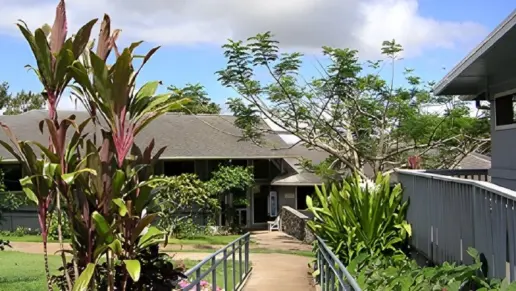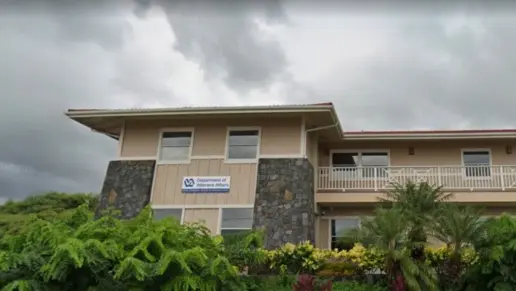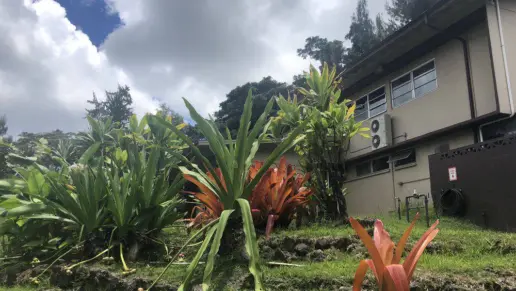During my appointments they tried to push weird drugs on me, I refused and eventually stopped going there. Most of my appointments are with a nurse or with another Dr. because she was never there!
About Spark M. Matsunaga VA Medical Center
Spark M. Matsunaga VA Medical Center is located in Honolulu, Hawaii. Their main campus offers primary care and various specialty services. This includes mental health care, PTSD treatment and homeless veterans care. They even provide LGBTQ+ veteran care aimed at promoting the health, welfare and dignity of these vulnerable members of the veteran community. The service includes hormone therapy, substance use treatment and HIV/STI testing and treatment. These services are provided in safe, welcoming and affirmative environments.
Their mental health care addresses common psychiatric conditions such as depression, anxiety and PTSD. This is an outpatient program that also helps veterans affected by substance use addiction and co-occurring disorders. These challenges are often an inherent result of stressful or adverse situations associated with military life. Treatment aims to equip you with resources that accelerate recovery from such traumatic and addictive behaviors while leading a healthy life.
The services include consultations, evaluation and group and individual therapy. These help you address personal issues fueling your behavioral changes and develop life skills and coping strategies that promote relapse. You’ll also receive psychiatric/psychological counseling and medication management services if you’re dealing with PTSD or co-occurring conditions. Medication assisted treatment may be accessible for those affected by opioid addiction or alcoholism.
You may be able to access care even if you’re not enrolled in the VA health care. They support same day appointments and walk in express care for emergencies. If eligible, you may get help with transportation to and from your appointment. You can also receive therapy via their secured telehealth support. Accessing care from the comfort of your home enhances flexibility.
This facility also delivers care for homeless veterans or those at risk of homelessness. It doesn’t matter if that’s due to addiction or mental illness, financial hardship and unemployment or even transition from jail. They offer transitional and permanent housing and education and life skills development. They also provide job training and financial aid and facilitate community reentry from jail.
Their services are affordable with flexible payment options. They accept Medicare, Medicaid and TRICARE. If you’re uninsured and have financial challenges you can access aid via VA financial hardship assistance. Aftercare services may involve referral to peer support groups like AA or connection to VA community recovery services for ongoing support.
Latest Reviews
Rehab Score
Gallery
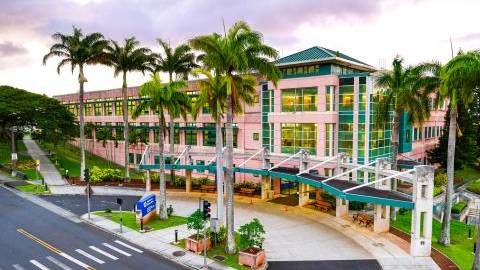
Location
Other Forms of Payment
Self-pay involves paying for treatment out of your own pocket. You can use savings or credit, get a personal loan, or receive help from family and friends to fund your treatment. If you don't have insurance or your insurance plan doesn't cover a specific program, self-pay can help ensure you still get the care you need.
Private insurance refers to any kind of healthcare coverage that isn't from the state or federal government. This includes individual and family plans offered by an employer or purchased from the Insurance Marketplace. Every plan will have different requirements and out of pocket costs so be sure to get the full details before you start treatment.
Financial aid can take many forms. Centers may have grants or scholarships available to clients who meet eligibility requirements. Programs that receive SAMHSA grants may have financial aid available for those who need treatment as well. Grants and scholarships can help you pai for treatment without having to repay.
Military members, veterans, and eligible dependents have access to specific insurance programs that help them get the care they need. TRICARE and VA insurance can help you access low cost or no cost addiction and mental health treatment. Programs that accept military insurance often have targeted treatment focused on the unique challenges military members, veterans, and their families face.
Medicaid is a state based program that helps lower-income individuals and families pay for healthcare. Medicaid covers addiction treatment so those enrolled can use their coverage to pay for rehab. When a program accepts Medicaid the client often pays very little or nothing out of their own pocket.
Medicare is a federal program that provides health insurance for those 65 and older. It also serves people under 65 with chronic and disabling health challenges. To use Medicare for addiction treatment you need to find a program that accepts Medicare and is in network with your plan. Out of pocket costs and preauthorization requirements vary, so always check with your provider.
Addiction Treatments
Levels of Care
Treatments
The goal of treatment for alcoholism is abstinence. Those with poor social support, poor motivation, or psychiatric disorders tend to relapse within a few years of treatment. For these people, success is measured by longer periods of abstinence, reduced use of alcohol, better health, and improved social functioning. Recovery and Maintenance are usually based on 12 step programs and AA meetings.
Drug rehab in Hawaii is for individuals suffering from substance use disorders. Treatment addresses the many issues involved with addiction, typically through a combination of medical and psychotherapy treatments.
Many of those suffering from addiction also suffer from mental or emotional illnesses like schizophrenia, bipolar disorder, depression, or anxiety disorders. Rehab and other substance abuse facilities treating those with a dual diagnosis or co-occurring disorder administer psychiatric treatment to address the person's mental health issue in addition to drug and alcohol rehabilitation.
A combined mental health and substance abuse rehab has the staff and resources available to handle individuals with both mental health and substance abuse issues. It can be challenging to determine where a specific symptom stems from (a mental health issue or an issue related to substance abuse), so mental health and substance abuse professionals are helpful in detangling symptoms and keeping treatment on track.
Opioid rehabs specialize in supporting those recovering from opioid addiction. They treat those suffering from addiction to illegal opioids like heroin, as well as prescription drugs like oxycodone. These centers typically combine both physical as well as mental and emotional support to help stop addiction. Physical support often includes medical detox and subsequent medical support (including medication), and mental support includes in-depth therapy to address the underlying causes of addiction.
Programs



Clinical Services
Life skills trainings involve all the skills a person must have in order to function successfully in the world. These include time management, career guidance, money management, and effective communication. Truly successful addiction recovery is based on the ability to not only live substance-free, but to thrive. Life skills teaches the practical necessities of functioning in society, which sets clients up for success in life, and therefore sobriety.
Sometimes, as part of a Veteran’s treatment, some members of the Veteran’s immediate family or the Veteran’s legal guardian may be included and receive services, such as family therapy, marriage counseling, grief counseling, etc. Family members might learn how to recognize symptoms and support recovery. In some treatment settings, a brief course of couples counseling or family therapy may be offered.
Trauma therapy addresses traumatic incidents from a client's past that are likely affecting their present-day experience. Trauma is often one of the primary triggers and potential causes of addiction, and can stem from child sexual abuse, domestic violence, having a parent with a mental illness, losing one or both parents at a young age, teenage or adult sexual assault, or any number of other factors. The purpose of trauma therapy is to allow a patient to process trauma and move through and past it, with the help of trained and compassionate mental health professionals.
Whether a marriage or other committed relationship, an intimate partnership is one of the most important aspects of a person's life. Drug and alcohol addiction affects both members of a couple in deep and meaningful ways, as does rehab and recovery. Couples therapy and other couples-focused treatment programs are significant parts of exploring triggers of addiction, as well as learning how to build healthy patterns to support ongoing sobriety.
Nutrition therapy in Hawaii empowers you to gain control of your nutrition that has been thrown off balance by addiction. You'll discover what foods are best for recovery and how to restore and maintain nutritional balance.
Amenities
-
Private Transportation
-
Residential Setting
-
Private Rooms
-
Yoga Studio
Staff & Accreditations
Staff
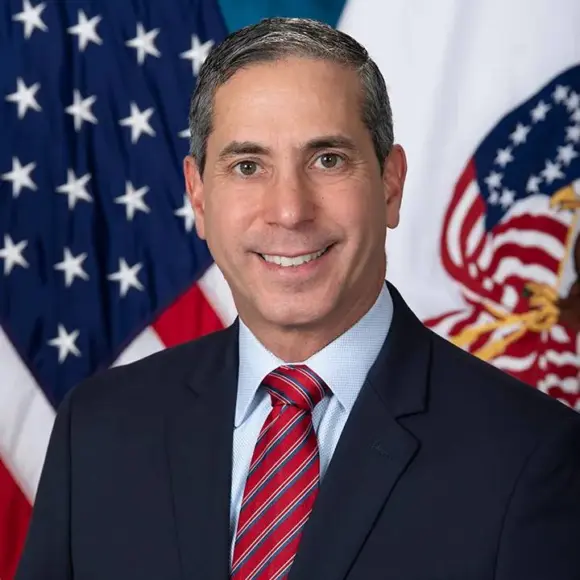
COB

Deputy Secretary
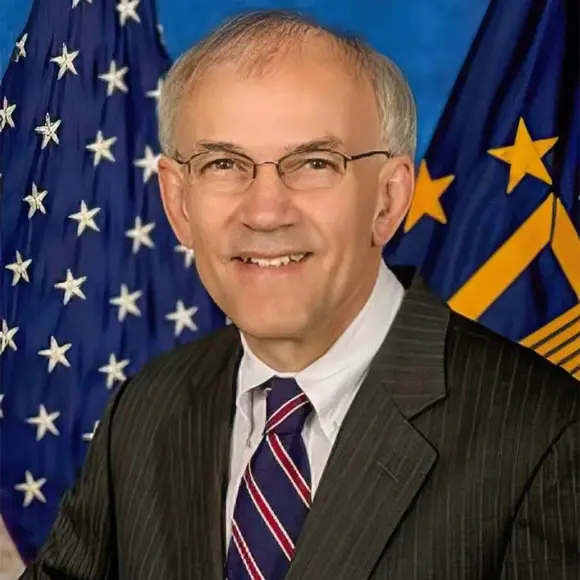
DGC
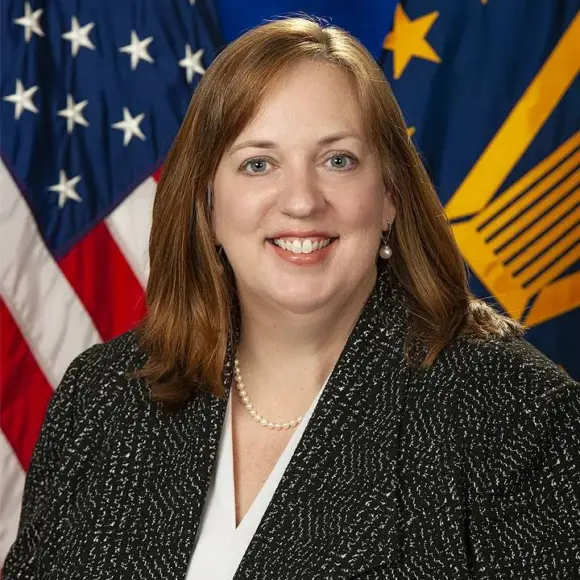
COS
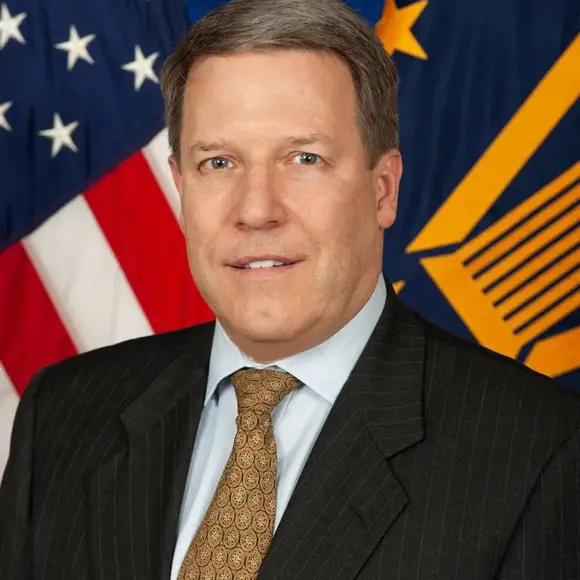
CAO & PED
Accreditations

The Commission on Accreditation of Rehabilitation Facilities (CARF) is a non-profit organization that specifically accredits rehab organizations. Founded in 1966, CARF's, mission is to help service providers like rehab facilities maintain high standards of care.
CARF Accreditation: Yes

The Joint Commission, formerly known as JCAHO, is a nonprofit organization that accredits rehab organizations and programs. Founded in 1951, the Joint Commision's mission is to improve the quality of patient care and demonstrating the quality of patient care.
Joint Commission Accreditation: Yes
Accreditation Number: 66
Contact Information
459 Patterson Road
Honolulu, HI 96819
